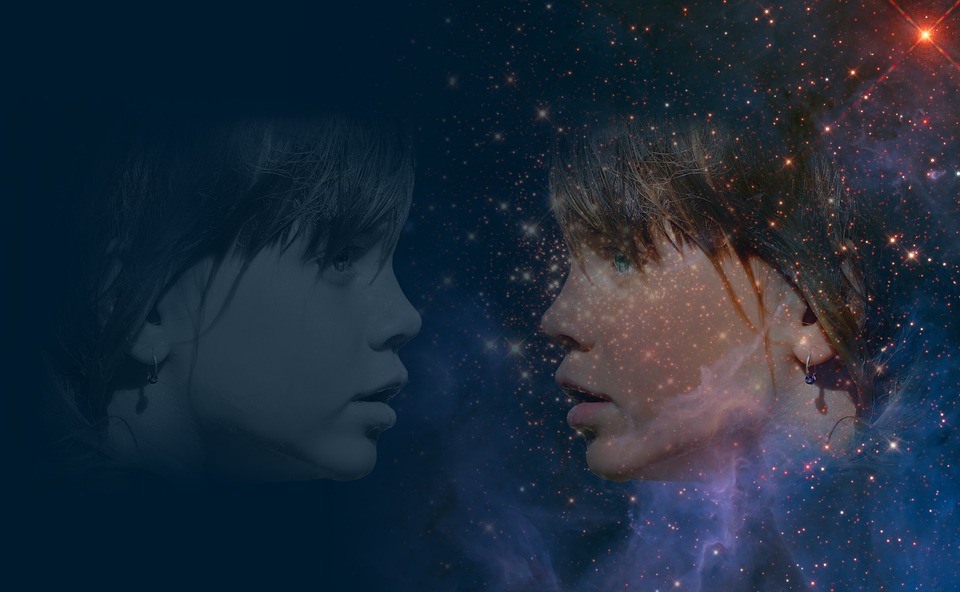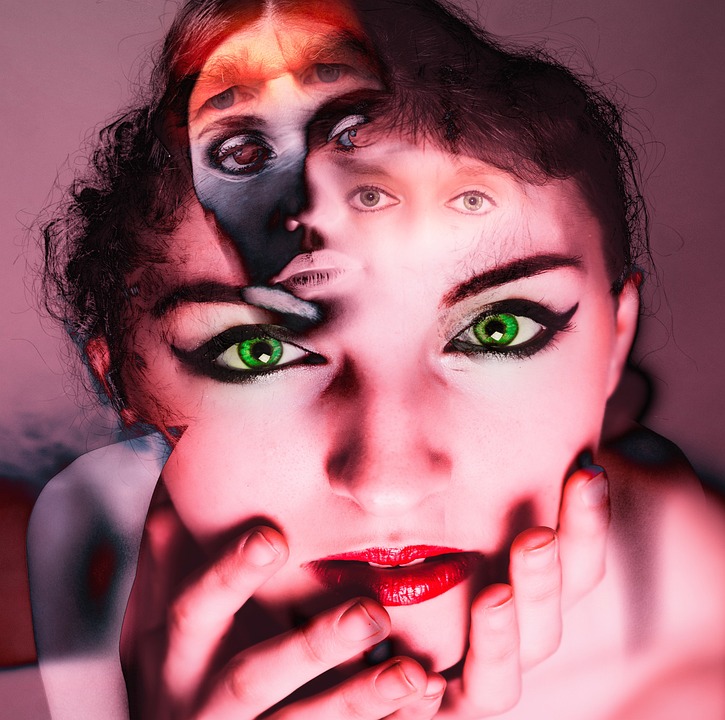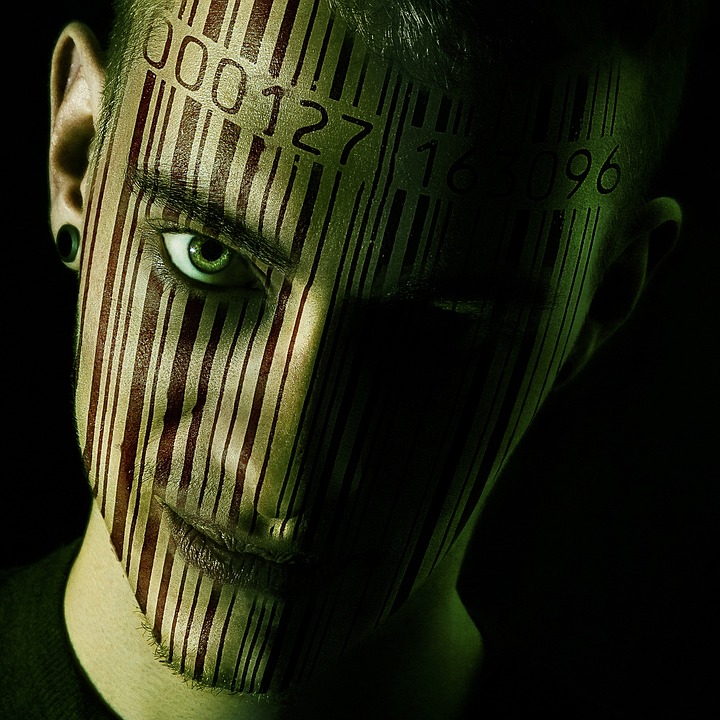Othering people and being othered are common place nowadays. While dominant groups create the idea that ‘others’ exist, the concept of ‘otherhood’ is born on the other side of the coin and has important political connotations.
 Mabel Encinas
Mabel Encinas
You may have experienced being ‘othered’. When you feel that you should be different from what you are (in spite of your efforts), that you do not belong (in spite of being where you are), that you and your family do not deserve to have dreams or aspirations (in spite of having them in the bottom of your heart), it is quite likely that you are experiencing being othered by dominant groups’ ideologies. (“The all other that we all are”. Octavio Paz ). Being ‘othered’ is experienced in opposing dyads, when you are something (instead of being something else, which is supposedly the opposite): a woman (and not a man), a dark-skinned person (and not white one), a worker (and not a middle-class or high-class-person), a homosexual, a bisexual, a transsexual (and not a heterosexual)….
… An old person (and not a young one), a person of that religion (and not of this one), a disabled person (and not an able-bodied-person), a fat person (and not slim one) or a migrant (and not a native).
Othering people and being othered are common place nowadays.
 While dominant groups create the idea that ‘others’ exist, the concept of ‘otherhood’ is born on the other side of the coin and has important political connotations.
While dominant groups create the idea that ‘others’ exist, the concept of ‘otherhood’ is born on the other side of the coin and has important political connotations.
‘The other’ is defined by dominant groups. This can happen explicitly when people say things like: all those that have this characteristic are such and such. Defining others can also happen implicitly, when people look down at ‘the others’, do not appreciate them, treat them disrespectfully or abuse them.
According to a dominant approach, ‘the others’ are essentially different and because of this they are worthless.
The word ’otherhood’ (in the same way in which types of plants usually do) was born in many different places at the same time (one of them in the UK, twenty years ago when my partner started using it). I have been hearing it for some time both in Spanish and in English speaking contexts.
When you become aware that you have been othered, and realise that, actually, you are legitimately what you are (dark-skin chubby catholic lesbian migrant worker woman with a hear impairment, for example), then your awareness of being part of ‘The Otherhood’ has started.
 You may feel discomfort or irritation, to name the least, but you already have been able to overcome your desire to assimilate yourself to something that you are not.
You may feel discomfort or irritation, to name the least, but you already have been able to overcome your desire to assimilate yourself to something that you are not.
Living from ‘The Otherhood’ involves, however, a great effort to start reconstructing ourselves from that place in a conscious manner. Audre Lorde wisely said that “the master’s tools will never dismantle the master’s house”.
If we do not get involved in a process of rethinking that we have the right to be alive and well, we might be trying to justify our existence in self-deprecating ways, using the words and perspectives of the dominant groups.
Paulo Freire also warned us that we can easily fill the shoes of our oppressors, those who have othered us. In this society, migrants are being ‘othered’ by the dominant ideologies. However, we need to work and think together with all the inhabitants of ‘The Otherhood’.
We need to build common experiences and engage in respectful dialogues to learn together and to learn from each other.
We need to contribute in our common lives in solidarity. We need to give birth to more practices in the land of The Otherhood in order to achieve the liberation of all of us.
(Photos: Pixabay)












.jpg)












